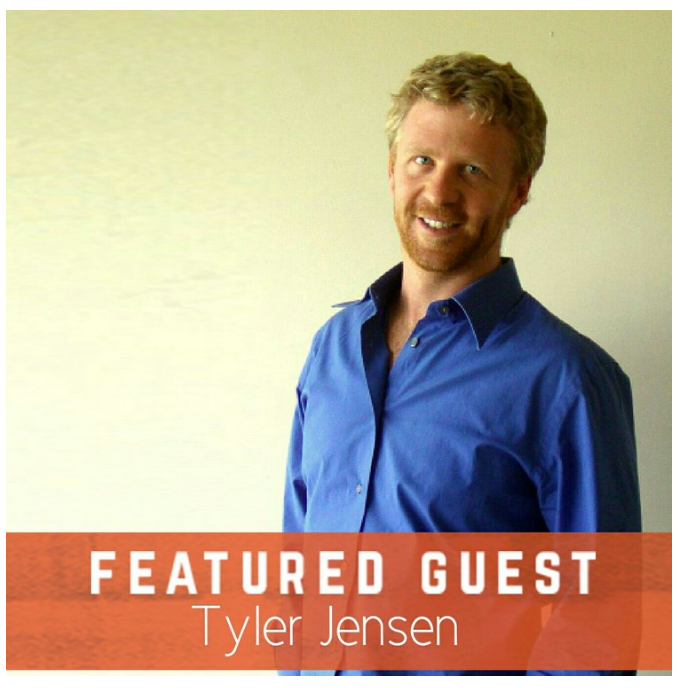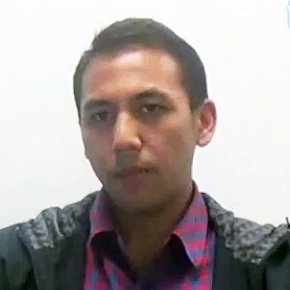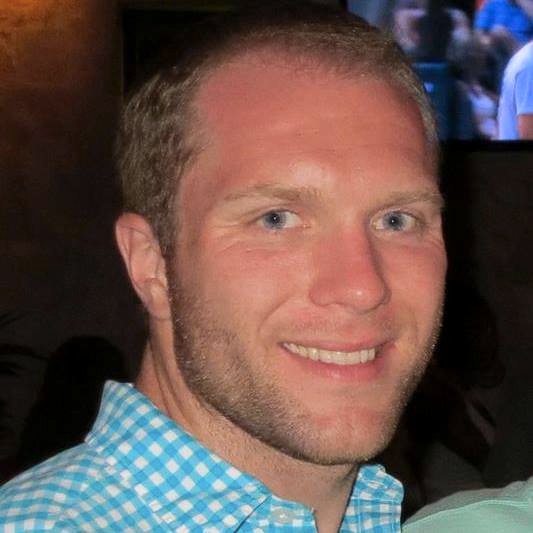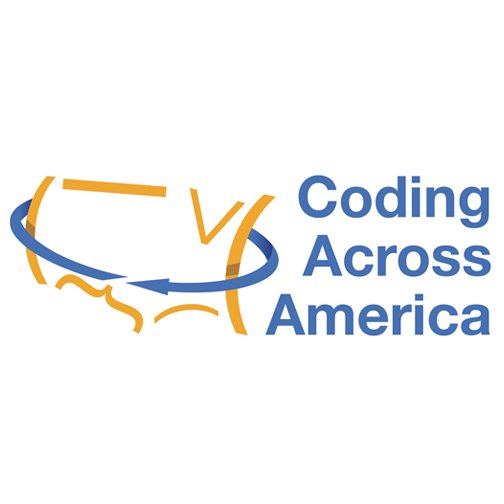Rise Up Radio Interview with Tyler Jensen Founder of The Startup Garage

You are listening to James Carmody and Jared Kelley here, in studio for SDriseup.com We are looking to hear stories in your life about local leaders in San Diego. Whether it is the small business owner, your Pastor or leader of your church, your kid’s school teacher or maybe it’s their Little League coach. James: […]
Tech Focused ‘Super Schools’ to Rethink High School Education in the U.S.

XQ: The Super School Project infused with $50Million Dollars of Steve Job’s fortune intends to redefine traditional U.S. high school education. The team based competition encourages applicants to reimagine and modernize public education. “To create the future, we must first imagine it.” The project intends to build and support 5-10 Super Schools to better fit […]
The Femaleprenuer: Exclusive Q& A with Four Influential Female Founders

1975 may have been the year in the United Nations declared “International Women’s Year.” Now 40 years later 2015 is shaping up to be momentous year for female founders, with over 9 million women-owned companies in the United States. The Startup Garage interviewed 4 diverse femaleprenuers on the state of entrepreneurship today, practical advice, and […]
Recruiting a CTO Co-Founder for Your Startup

Many technology based startups are founded by entrepreneurs without technical backgrounds. The tech companies that are successful, quickly realize the importance of bringing on a technical co-founder. The biggest mistake that a non-tech entrepreneur can make when launching a tech business is to neglect bringing on a tech savvy co-founder very early on. Otherwise, it […]
Sean Dominguez Interview Part 2

Matt Makai Interview Part 2 of 2

Matt Makai Interview Part 2 of 2 Why travel across the United States for four months? For Washington DC resident and software developer Matt Makai the answer was simple. With shades of Brad Feld’s Startup Communities: Building an Entrepreneurial Ecosystem in Your City, Matt explains the decision in his first blog post. He declares, “I […]
Interview Part 1 of 2 with Matt Makai

Interview Part 1 of 2 with Matt Makai Why travel across the United States for four months? For Washington DC resident and software developer Matt Makai the answer was simple. With shades of Brad Feld’s Startup Communities: Building an Entrepreneurial Ecosystem in Your City, Matt explains the decision in his first blog post. He declares, […]

